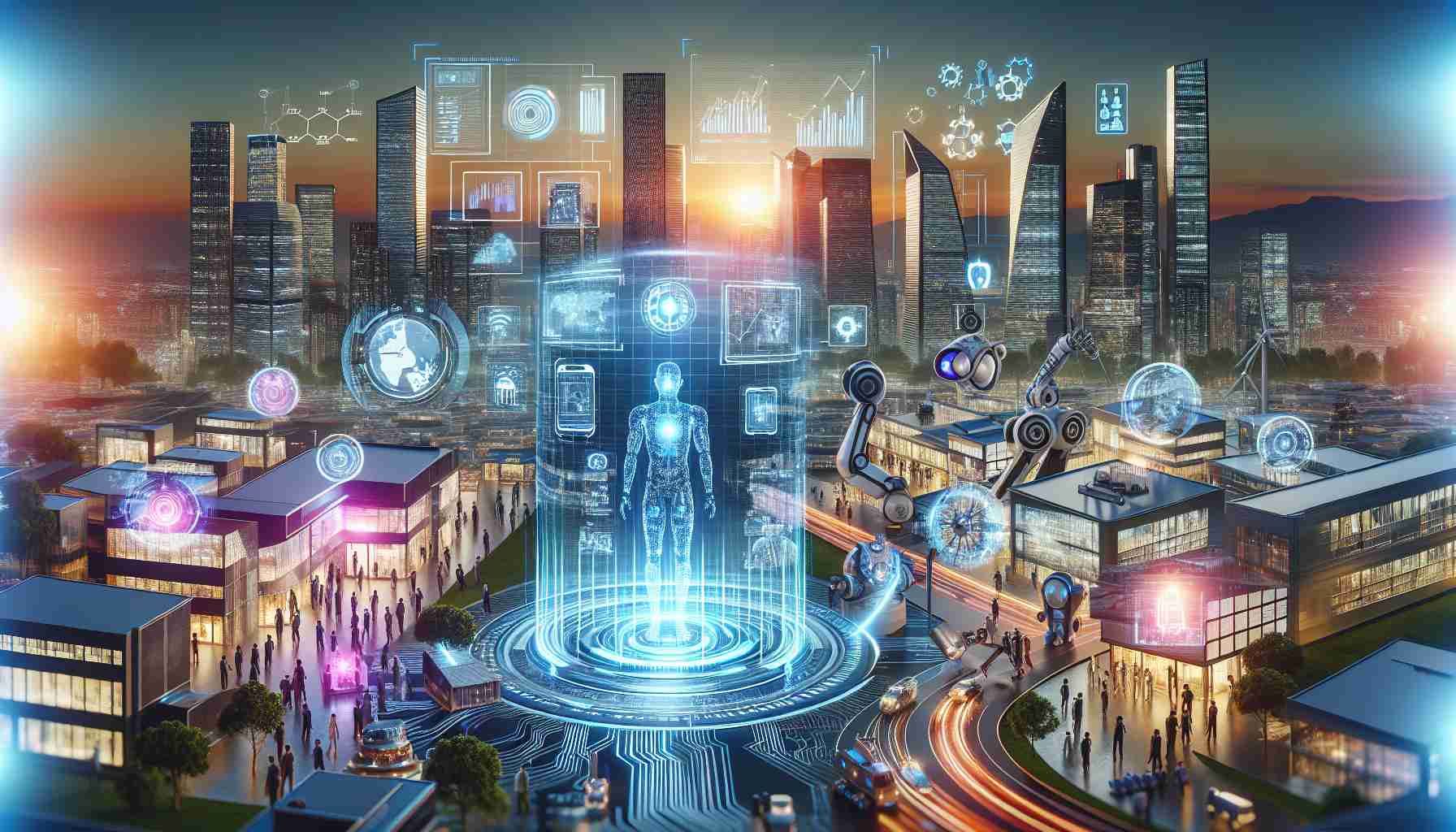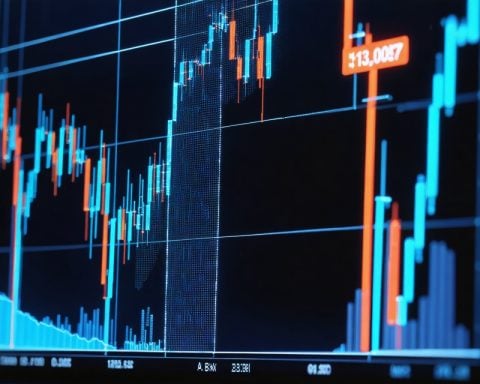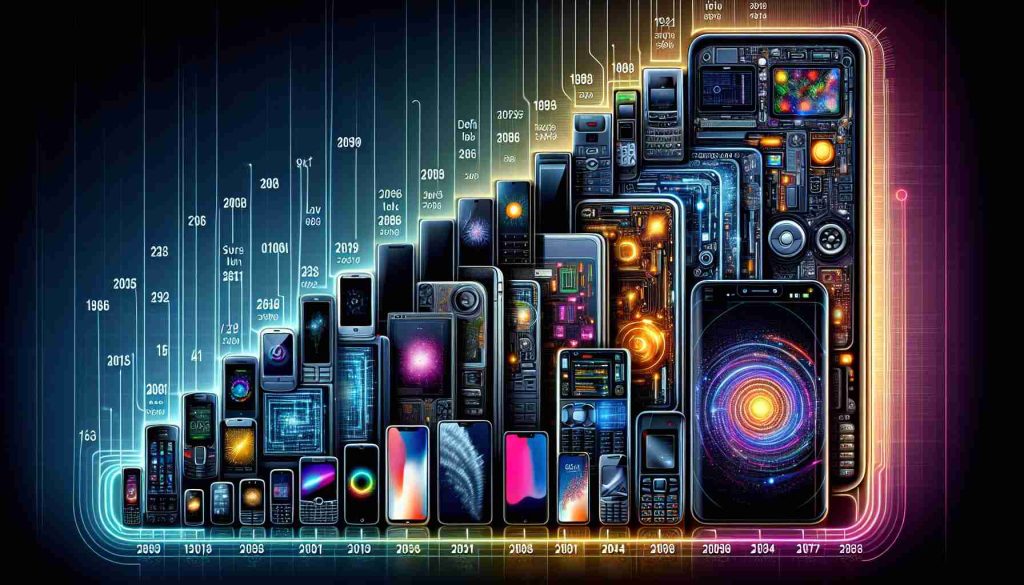The industrial sector in the city has shown a significant increase in production, with the electronic and automotive industries playing a prominent role in driving this growth. From January to July, the city’s industrial value added at comparable prices increased by 7.6% year-on-year. Notably, the computer, communication, and other electronic equipment manufacturing industry grew by 21.1%, while the automotive manufacturing sector saw a growth of 19.7%. Furthermore, the electricity production and supply industry grew by 9.3%, and the pharmaceutical manufacturing industry saw a growth of 2.8%.
In addition to the surge in industrial production, there has been a notable increase in fixed asset investments, particularly in equipment procurement. The city’s fixed asset investment (excluding rural households) rose by 8.6% year-on-year from January to July. Equipment procurement investments, primarily driven by projects in information services and transportation sectors, surged by 34.7%. Manufacturing investment witnessed a significant growth of 36.8%, while infrastructure investment increased by 25.3%. However, real estate development investment declined by 2.4%. Investments in high-tech industries, including high-tech manufacturing and services, showed a robust performance with growth rates of 58.8% and 17.5% respectively.
Consumer spending continues to recover, with sales of upgraded goods showing strong momentum. Total market consumption in the city increased by 3.3% year-on-year from January to July. Service-related consumption increased by 7.2%, contributing to a total retail sales of consumer goods amounting to 799.08 billion yuan, a decrease of 0.8%. Noteworthy growth was observed in the categories of precious metals and jewelry, sports and entertainment goods, and communication equipment, with retail sales increasing by 26.7%, 12.1%, and 4.1% respectively.
Furthermore, the city saw a stable consumer price index, with a marginal 0.1% year-on-year increase. Notably, food prices decreased by 4.4%, while non-food prices rose by 0.9%. The industrial producer price index continued its downward trend, with a 1.1% year-on-year decrease in out-of-factory prices and a 0.6% decrease in procurement prices.
New Technologies Driving Economic Growth and Transformation
As new technologies continue to disrupt industries and reshape economies around the world, the adoption of cutting-edge innovations has become instrumental in fueling economic growth in various sectors. While the industrial landscape in the city has exhibited positive growth trends, the integration of advanced technologies is proving to be a key driver of sustained development and competitiveness.
Key Questions:
1. How are emerging technologies influencing economic growth?
The influence of emerging technologies, such as artificial intelligence, blockchain, and Internet of Things (IoT), on economic growth is profound. These innovations are revolutionizing traditional processes, enhancing productivity, and creating new markets and opportunities.
2. What are the key challenges associated with leveraging new technologies for economic growth?
One of the primary challenges is the need for upskilling the workforce to adapt to technological advancements, as automation and digital transformation reshape job roles. Additionally, ensuring data security and privacy in a digitally connected world remains a critical challenge.
Advantages and Disadvantages:
The advantages of harnessing new technologies for economic growth include:
– Increased efficiency and productivity through automation and digitization.
– Enhanced connectivity and global market access.
– Facilitated innovation and creation of new business models.
However, there are also potential disadvantages:
– Displacement of jobs due to automation and AI.
– Cybersecurity risks and data privacy concerns.
– Growing technological divide between industries and regions.
Related Links:
– World Economic Forum
– OECD























